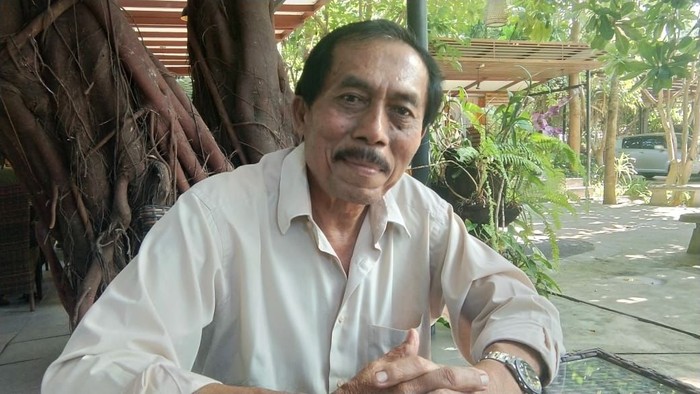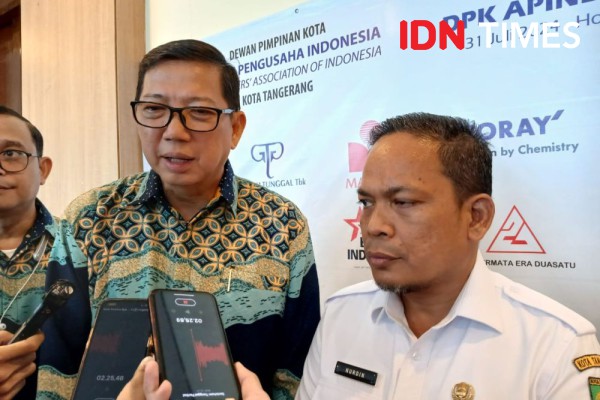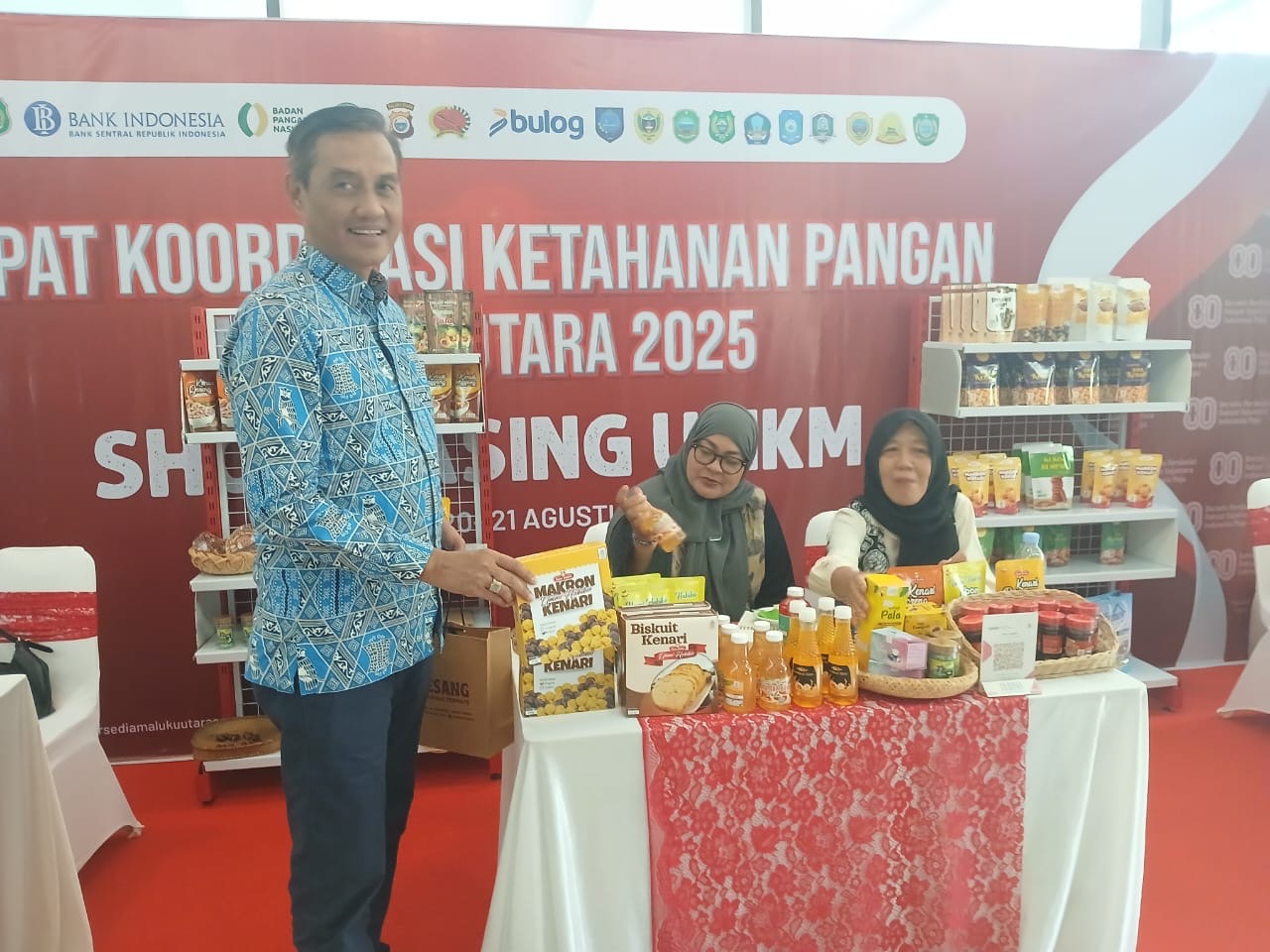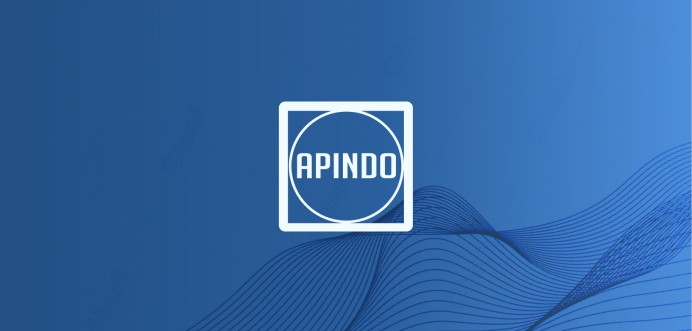Small Bottled Water Ban Draws Criticism, APINDO Bali Urges Reconsideration
Sunday, 20 April 2025
Bali – The Governor of Bali, Wayan Koster, has issued Circular Letter (SE) No. 9 of 2025 concerning the Bali Clean Waste Movement. The regulation has sparked reactions from business players and associations, who argue that it could have adverse effects on both industry and the public.
"While the intention behind the ban is commendable, the decision to prohibit the production of drinking water in containers under one liter is concerning. It overly interferes in the food and beverage sector," said Chairman of the Indonesian Employers’ Association (APINDO) Bali, I Nengah Nurlaba, in a statement on Sunday, April 20, 2025.
He added that the policy could disrupt the operations of bottled water companies in Bali, both large and small. Nurlaba called on the provincial government to reassess the regulation.
"We urge the government to wisely reconsider this policy so that MSMEs and community traders are not unfairly affected," Nurlaba stated.
During the launch of the Bali Clean Waste Movement on Friday, April 11, Governor Koster presented data on the waste composition in Bali. He reported that Bali generates 3,436 tons of waste daily, with 60 percent comprising organic waste that can be processed.
Household waste accounts for over 6 percent, market waste for more than 7 percent, trade activity waste over 11 percent, and plastic waste stands at 17 percent. Waste management in the province currently includes 16 percent handled through treatment, 18 percent through reduction, 43 percent sent to landfills, and 23 percent disposed of illegally or haphazardly.
“This is the real problem—23 percent of waste is being dumped irresponsibly into the environment. This must be addressed,” Koster stated.
He also revealed that Bali’s beaches are suffering from plastic pollution. However, the waste is not solely from within the island—it also originates from East Java, Kalimantan, and Sulawesi. He called on the central government to assist in solving the issue through interregional collaboration. Koster noted that recent cleanup operations by TNI personnel have helped restore cleanliness to the beaches, but warned against complacency.
“We can’t keep asking for help. People must start taking responsibility and stop littering,” he said.
The issuance of Circular Letter No. 9/2025 is the provincial government’s strategy to control waste circulation. However, the specific clause banning the production and distribution of bottled water under one liter has drawn criticism due to potential negative impacts on the public, tourism sector, and regional economy.
According to data from Sungai Watch covering Bali and Banyuwangi, PET bottled water waste makes up just 4.4 percent of plastic pollution—lower than sachet packaging (5.5 percent), plastic bags (15.2 percent), and clear plastic (16.2 percent). All plastic types, except sachets, still have economic value as they are recyclable.
In line with that data, Chairman of the Indonesian Waste Pickers Association (IPI), Pris Polly Lengkong, stated that the circular is not an effective solution to Bali’s waste problem. He emphasized that plastic bottled water waste is one of the most sought-after items among waste pickers due to its high value.
"Instead of issuing a ban, the government should invest in recycling industries, which are still lacking in Bali," Polly urged.
To date, IPI claims to recover more than 80 percent of Bali’s plastic waste. Polly believes the provincial government could manage the waste issue effectively if it invests in recycling infrastructure. Such facilities could process plastic waste into new products or even turn them back into drinking bottles.
He further explained that Bali's waste pickers often export processed plastic waste—pressed or shredded—to Java. This, he said, hampers the full potential of waste management in Bali, resulting in residual waste still piling up in landfills.
Echoing that sentiment, Regional Representative Council (DPD) Member from Bali, Niluh Djelantik, asserted that the government should not issue regulations that disrupt the income of MSMEs, tourism, cultural ceremonies, and other local activities. She called for a review of the circular, particularly the restriction on bottled water under one liter.
“Not everyone can carry 1.5-liter bottled water. A reasonable minimum, like 650ml, should be set, along with clear rules on bottle management. That alone would significantly help fight plastic waste,” she stressed.
Source: finance.detik.com









